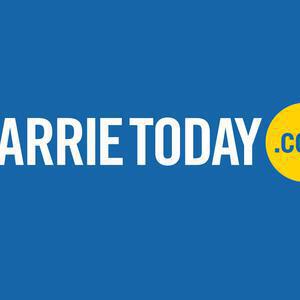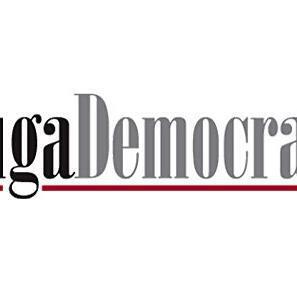House Republicans advanced a sweeping tax and spending package backed by President Donald Trump, clearing a significant hurdle late Sunday, May 19, in a rare night session of the House Budget Committee. The bill would make Trump’s 2017 tax cuts permanent; add new tax exemptions for tips and overtime pay; boost military and border spending; and introduce new work requirements for Medicaid and food assistance programs.
Lawmakers are still negotiating the bill and expect to revise it further in the House Rules Committee before it reaches the House floor. House leaders hope to bring the bill to a floor vote before Memorial Day.
How did the bill clear the committee?
The committee approved the bill 17-16 after four Republican holdouts, Reps. Chip Roy, R-Texas; Ralph Norman, R-S.C.; Josh Brecheen, R-Okla.; and Andrew Clyde, R-Ga., voted “present,” allowing the bill to advance without switching their formal opposition. The same lawmakers blocked the legislation on Friday, arguing that the spending cuts came too late to be effective.
They specifically criticized the 2029 start date for Medicaid work requirements and the slow phase-out of green energy tax credits, which they argued would fail to produce meaningful savings in the near term.
Speaker Mike Johnson, R-La., called the committee vote a “big win,” while acknowledging that negotiations will continue in the coming days. “There’s a lot more work to do, we’ve always acknowledged that towards the end there will be more details to iron out, we have several more to take care of,” Johnson said.
What changes did conservatives demand?
The four holdouts said they reached informal agreements to move up the start date for new Medicaid work requirements and accelerate the phase-out of green energy subsidies. However, the bill’s official text does not yet reflect those terms, and GOP leaders have not disclosed the full scope of any side deals.
Roy said the revised version moves “Medicaid work requirements forward and reduces the availability of future subsidies under the green new scam,” though he warned the package still “does not yet meet the moment.”
The formal bill text does not yet include these changes, and Republican leaders have declined to disclose any specific side deals or amendments. Norman pointed to the recent downgrade of the U.S. credit rating and long-term debt projections as evidence that deeper spending cuts are needed.
“We’ve got a lot more work to do,” Norman said. “We’re excited about what we did. We want to move the bill forward.”
Despite their conditional support, none of the four holdouts has committed to backing the bill in its final form. Roy, who also serves on the House Rules Committee, said he won’t fully support the package unless lawmakers make further revisions.
Will the bill pass the Senate?
Even if the bill clears the full House, Senate Republicans have signaled it will need significant changes to survive. Sen. Ron Johnson, R-Wis., called the package a “sad joke,” expressing concern over its projected impact on the deficit.
The nonpartisan Committee for a Responsible Federal Budget estimates the legislation could add roughly $3.3 trillion to the national debt over the next decade, due largely to front-loaded tax cuts and delayed spending reductions.
Moderates from states like New York and New Jersey, including Reps. Mike Lawler and Andrew Garbarino, have pushed for a higher SALT cap than the $30,000 currently proposed, saying it’s insufficient for their high-tax districts.














































































































































































































